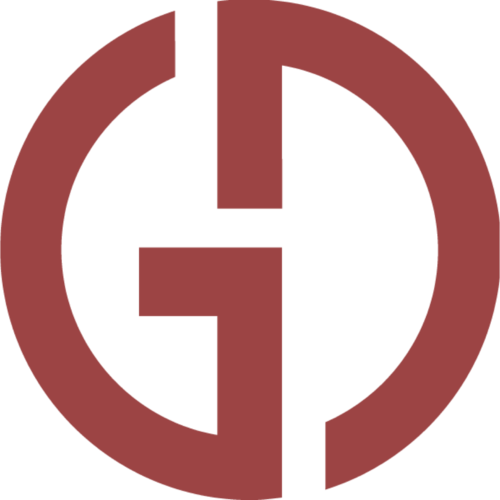How does coaching work?
This is one of the first questions asked by a new Client. The answer is . . .
It works awesomely! OK, that was glib, but coaching really does work great at helping you achieve the outcomes you want.
But you probably want to understand the mechanics of how coaching works so that you can be prepared to get to work.
In truth, coaching works through a confidential, trusted partnership between the coach and the Client. So what does that partnership really look and feel like?
When you start with a coach, you usually hire them for a certain period of time. In my experience, the best initial commitment is 6 months of semi-monthly sessions. Each 1:1 session is usually 60-75 minutes long. It takes time to get to the essence of what you want to accomplish, set a plan in place and work the plan. This means you have 12 sessions to get to some real ROI.
What can you expect in an actual session?
Coaching sessions are a solutions-oriented process of creating goals and building skills to achieve the outcomes the Client wants. A session is all about:
Setting goals (achieving your legacy, getting to the next level, breaking out on your own, feeling empowered) and helping you achieve them.
It can also be getting through some tough stuff like imposter syndrome, confidence in meetings, confidence when presenting, dealing with difficult people, or a difficult boss or board.
Creating a confidential, trustworthy, space for honest dialogue, exploration, and challenge to create actionable, and measurable plans for success. Then take action.
Rinse and repeat.
So what does a session (or set of sessions) feel like?
It feels like a conversation with the best listener you have ever had! Now, imagine that this listener has also been trained and is skilled in using tools and techniques to achieve what you want to achieve. And also imagine achieving a clear set of action plans where those outcomes are realized.
What does the coach do to make this happen?
What is the coach's job?
The coach’s job is to use their experience, training, and tools to help bring out the direction or next steps for their Client.
A good coach approaches every session assuming the Client is fully capable of achieving whatever they may call a success for that session or this time in their life.
The coach provides tools, insights, and structures to recognize and incorporate healthy and successful habits to achieve your desired outcomes.
What isn’t the job of a coach?
The coach doesn’t advise the Client, they aren’t a consultant (but they are a trained and skilled navigator for the Client to find their direction).
It isn’t their job to sell the Client, or their sphere of influence, a book, recording, process, or methodology.
They can’t act as an officer or manager of the Client’s company.
Ok, that sounds great, but at the end of a session, what can I expect to happen?
If it's a good session (or set of sessions) you will confidently be able to say and know that:
You were heard,
Next steps are clear,
Progress is being made against the goals you’ve set out for yourself, and
You got this.
A recent study by PwC and the International Coaching Federation reported that executives achieved seven times (7X) the return on the investment (ROI) in coaching, achieving goals and exceeding satisfaction in their work life and their life experience overall. What’s holding you back from joining your peers?
Dan Bartholomew, ICF-PCC, WPCC, is an Executive and Leadership Coach who helps teams and leaders navigate their careers 🛶. With decades of experience running, building, and scaling businesses, Dan is centered on enabling individuals and teams to achieve and sustain breakthrough performance -- personally and organizationally.
As Eric Schmidt, former CEO and current strategic advisor to Google said “everyone needs a coach.” Let’s work together to get you one!

